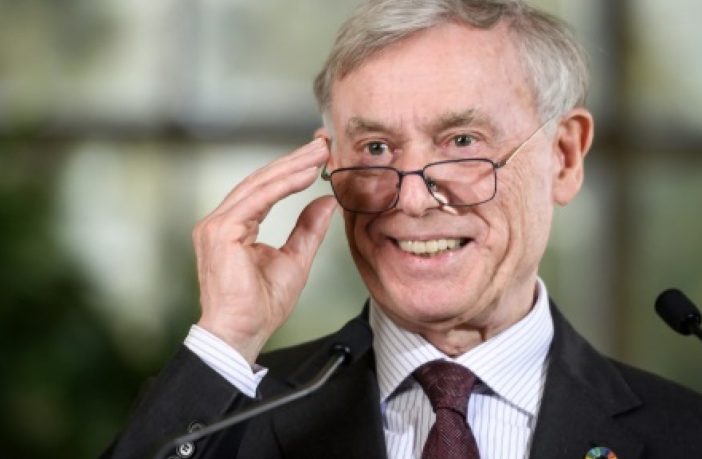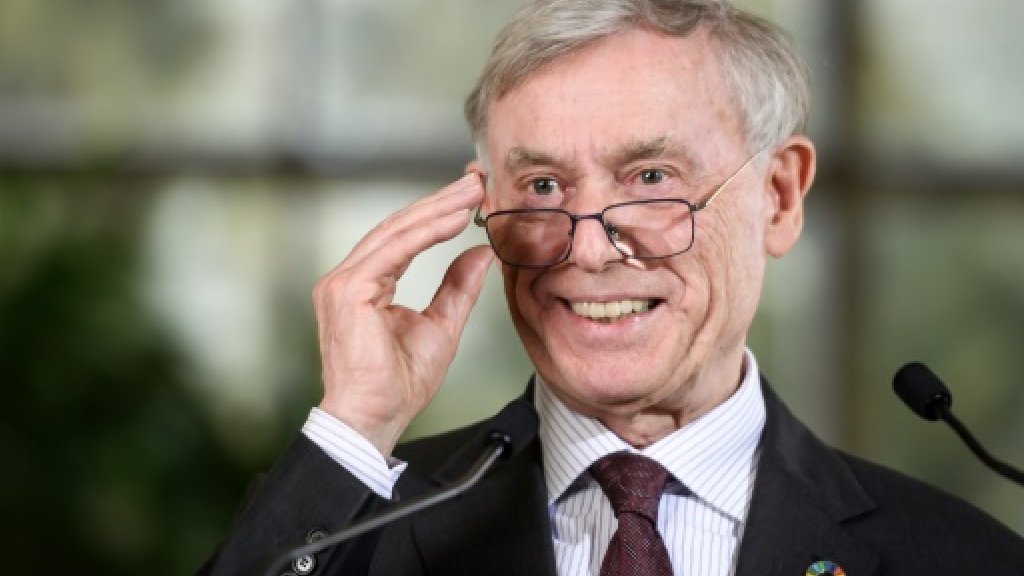Asharq AL-awsat
The abrupt resignation of UN envoy for Western Sahara Horst Koehler has affected the negations among parties of the Western Sahara conflict to reach a political solution.
Koehler submitted his resignation to UN Secretary-General Antonio Guterres, after 20 months of holding his position. During this period, he managed to gather the conflict parties (Morocco, Algeria, Mauritania, Polisario Front) twice at a round table to build trust after six years of halted direct talks.
The 76-year-old envoy said that he was stepping down over health reasons, a UN statement said. Guterres “deeply regretted the resignation but said he fully understood the decision and extended his best wishes to the personal envoy,” it added.
Guterres thanked Koehler for his “steadfast and intensive efforts which laid the foundation for the new momentum in the political process on the question of Western Sahara,” the statement said.
Morocco’s foreign ministry also issued a statement saying that “the kingdom of Morocco notes with regret” Koehler’s resignation while crediting him “for the efforts he has made since his nomination,” in August 2017.
Morocco affirmed its support to the efforts of the UN Secretary-General in order to settle the regional conflict on Western Sahara, affirming commitment to reach a political and realistic solution that is applicable and sustainable.
The Polisario Front – backed by Algeria- said it was “deeply saddened” by the news, and thanked the outgoing envoy for “his dynamic efforts to revive the UN peace process.” It added that it is committed to the political process led by the UN, stressing the demand for determining fate and independence.
With Koehler’s resignation, a new diplomatic battle starts between Morocco and Algeria to influence the decision of choosing a successor of Koehler.








